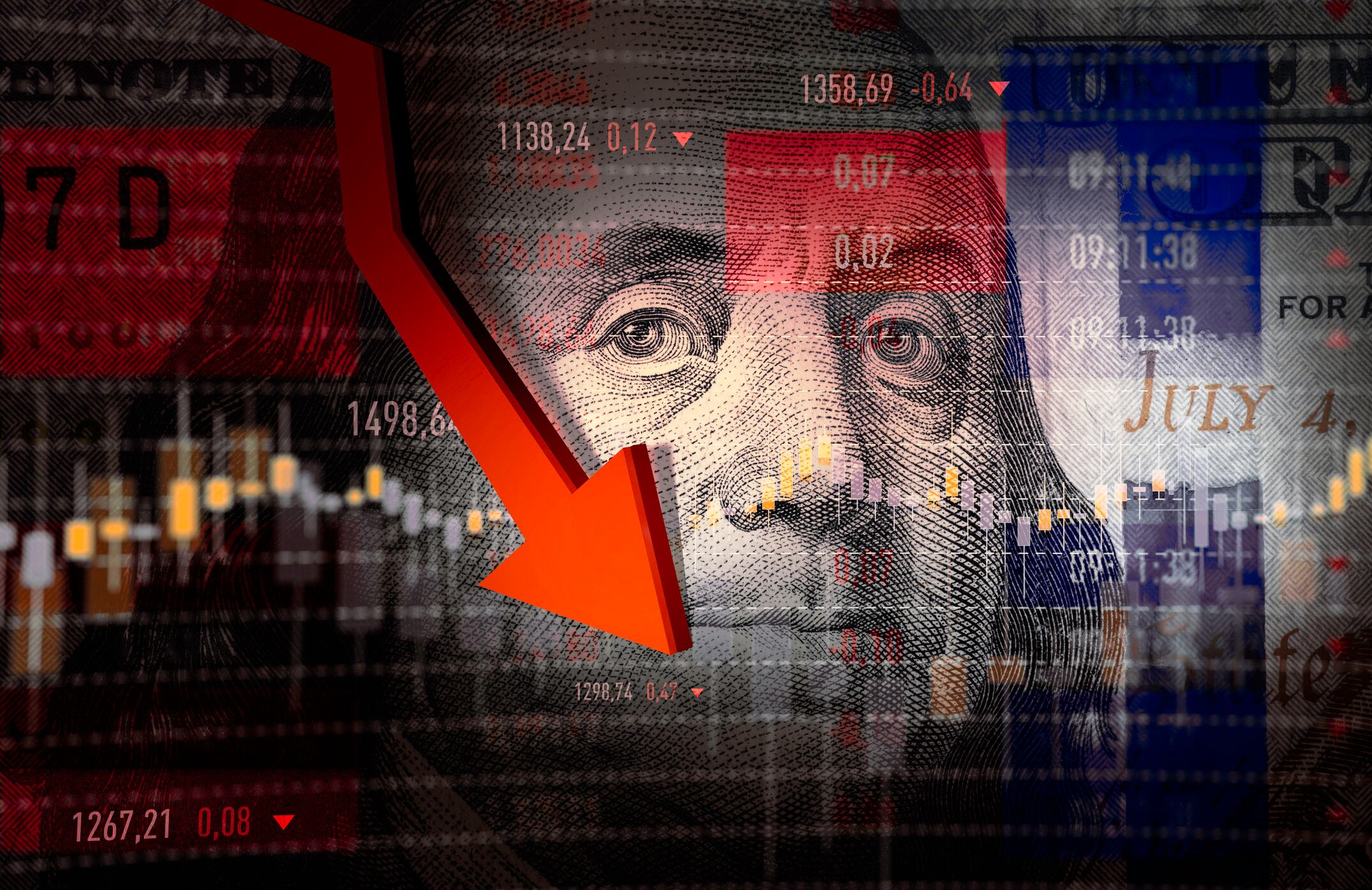Experts say a combination of Trump administration tariffs and high inflation may make its ability to sidestep a looming recession more difficult, however.
Dr. Willy Shih, a Harvard Business School professor who has written about supplement trade topics, told NutraIngredients that production within the sector is complicated by both tariffs and a manufacturing process where ingredients come from multiple countries and sources.
In response, supplement companies have been stocking up on many of their products or ingredients in advance.
“Depending on how much people are able to front run, it will be difficult to tell the impact of tariffs,” Dr. Shih said. “When do the higher costs wash into the inventory? It’s complicated but we will eventually see it going into consumer prices.”
Since President Trump announced global and reciprocal tariffs, the supplement industry has advocated for dietary ingredients to be exempt. The Annex II of the April 2 Executive Order listed vitamins A, B1, B2, B5, B6, B12, C and E, folic acid (B9) and niacin and niacinamide (B3), and several others, as exempt from tariffs.
According to United Natural Products Alliance (UNPA) president Loren Israelsen, a 10% tariff—which was levied against Chinese imports earlier this year—can be spread throughout the supply chain without consumers feeling an impact. When those tariffs rise to 60% or 70% on certain botanicals, the supply chain cannot absorb those costs and prices rise for the consumer, he said.
‘Prosperity’ and ‘Austerity’
A recent Washington Post article reported that the U.S. economy under President Trump has transitioned from ‘prosperity’ to ‘austerity’, as his administration encouraged Americans to reduce their spending.
President Trump is predicting a short-term recession will eventually lead to better economic times.
Economists have said otherwise and that the implementation of new tariffs and the escalating trade war are predicted to drive the U.S. inflation rate to peak around 4% by the end of 2025, impacting everything from the auto industry to consumer electronics to groceries, though how long this lasts is another question. Over the last 30 years, the average inflation rate was 2.45% per year.
Other economists question whether stagflation—where the economy experiences high inflation, stagnant economic growth and increasing unemployment—will set in. The last time the United States experienced stagflation was between 2007 to 2010 and throughout the 1970s and early 1980s.
Even with tariff exemptions for supplements, it may not be possible for the industry to insulate itself from the consequences of a national or even global recession, as one past example of economic decline shows.
Dot-com bubble and crash
When faced with economic headwinds, being able to negotiate better prices is an advantage, said Jim Emme, CEO of natural products manufacturer NOW Foods. Over the last 30 years, the company has kept retail prices lower than its competitors partly because it has negotiated better pricing on raw materials.
“We find new sources, get competitive bidding without compromising those quality standards… we have a lower gross margin than many other brands financially,” Emme said.
He acknowledged that not every supplement company can weather financial hardship as easily as a large, family-owned natural food company.
This became apparent during the dot-com bubble, a period in the late 1990s and early 2000s, when there was rapid growth of Internet startups, and their valuation increased in parallel with the growth of the World Wide Web. Venture capital money flowed, only to dry up when the stock market crashed. Many large companies lost most of their stock value.
Emme said supplement retailers would use lines of credit to leverage themselves to be able to buy a particular dot-com stock, which put hundreds, if not thousands, of store owners in “big financial trouble.”
Retailers’ fear of missing out pushed them into a get-rich-quick opportunity, Emme said.
“They had so much equity value in their stock they owned that, when the bubble burst, all of a sudden that equity was gone,” he added.
Consolidation followed. Some stores went out of business. Owners lost their homes.
“If you’re in a cash crunch, you can’t buy inventory—your customers are going to walk into the store and see empty shelves," Emme said. “It was phenomenal what we saw happen in certain regions of the country. I remember Florida [retailers] got hit really hard.”
At the time, 90% of NOW’s business comprised of independent retailers who struggled with gross margin. NOW witnessed a slowdown in sales during the dot-com bust, but Emme noted that those circumstances did not reflect a true inflationary period for the country. There was a short-lived dot-com recession from March to November 2001, though he said it took years for some brick-and-mortar to recover.
Coincidentally, or maybe ironically, supplement business was quickly moving to online retail after that recession.
Silver lining
In combination with high inflation, ubiquitous Trump administration tariffs may seem like a fast track to recession, but Emme points to one silver lining.
The dollar should depreciate, which means foreign buyers have more purchasing power.
“When the dollar gets weaker, that actually is to our advantage,” Emme said. “Our customers can buy cheaper with their currencies, the euro or what have you. Some of our partners will even pre-buy if they anticipate a currency dip and some of them even hedge currencies.”
NOW is experiencing over 30% growth in both Asian and Middle Eastern markets, and 28% growth in central and eastern European regions linked to the dollar’s depreciation.
Economist Shih said the dollar’s depreciation does make goods less expensive to foreign buyers “as long as they are not targeted by retaliatory tariffs.” In April, companies were scrambling to figure out how the escalating tit-for-tat retaliatory tariffs between Beijing and Washington would affect imports on both ends.
Canada is not left out of this trade war, either. Despite Canada being the top buyer of American goods, the U.S. has enacted tariffs of 25% on Canadian steel and aluminum. Other tariffs exist on energy and Canadian imports not covered under the U.S.-Mexico-Canada Agreement. Canada levied 25% tariffs on U.S. goods.
Emme said that 70% of NOW products sold in Canada are packaged or produced by Canadians at the company’s manufacturing facility in Ontario, which may appeal to Canadian buyers who have started to boycott products made by U.S. companies.
Though NOW has not been directly boycotted, the company is cautious about how it is perceived. Store shelves are beginning to show gaps within the grocery channel as retailers begin to push back on tariff-related price increases and out of concern for reduced consumer demand for U.S. products.
Andrea Benson, country leader for NOW Health Group Canada and Puresource Corp., said that NOW is providing detailed information to retailers about where the products are made so they can better assist shoppers.
“We are leveraging a variety of communication tools to reinforce the brand’s connection to Canada, from social media posts to podcasts,” Benson said. “We have added red maple leaf icons to the product pages on NOW Foods Canada website for all products packaged/produced in Canada to help consumers make informed purchase decisions.”



